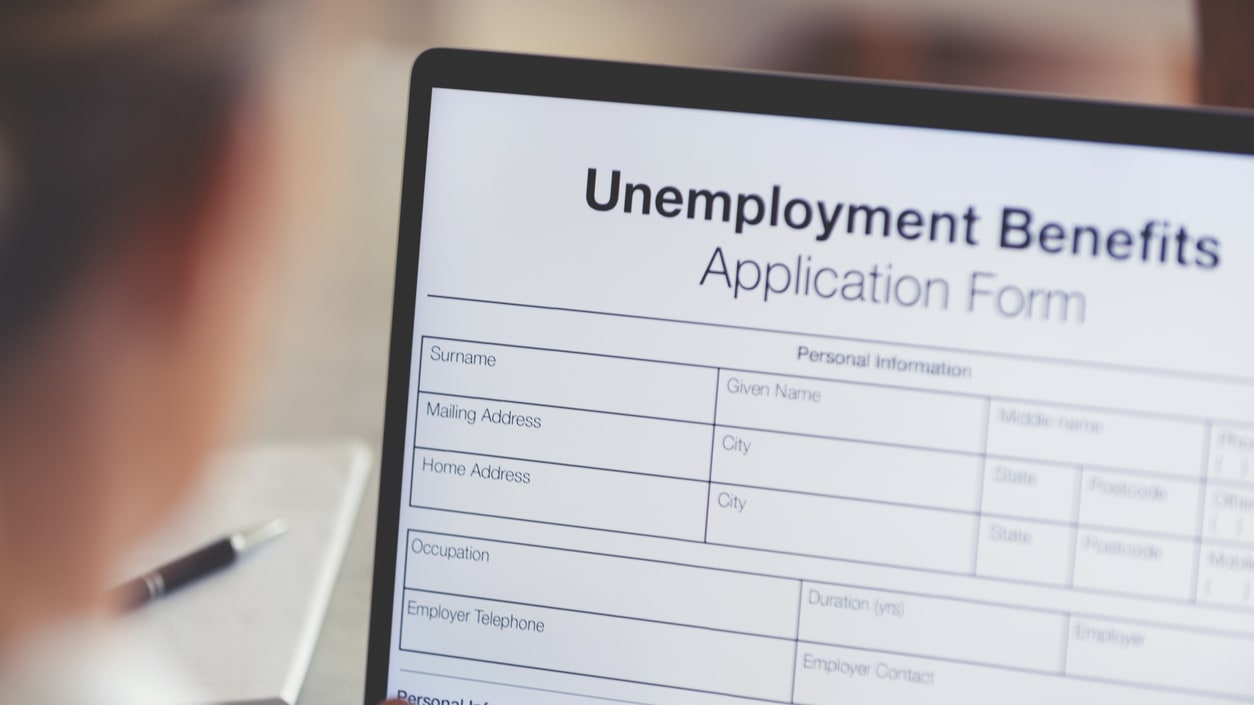The U.S. Supreme Court heard oral arguments on Oct. 7 in a case concerning whether Alabama residents who are denied unemployment benefits must go through the state unemployment system’s appeals process before they can sue the state in court under a federal civil rights law.
We’ve gathered articles on the case from SHRM and other outlets.
Long Wait for Unemployment Benefits
Derek Bateman, a shrimper in Alabama, couldn’t sell shrimp during the COVID-19 pandemic and sought unemployment benefits. After his application was denied, he allegedly spent months trying to appeal. He received some of what he was owed nearly two years later, after he allegedly “lost everything.”
The Supreme Court heard arguments on whether Bateman and others who were similarly situated had to complete the state’s appeals process before they could sue in court. The state said it was overwhelmed during the pandemic, adding that it wasn’t a reason to bypass the normal administrative process. The Alabama Supreme Court ruled that state law requires that challengers go through the state labor department’s administrative appeals process before they can sue.
Does Section 1983 Require Exhaustion of State Administrative Remedies?
The U.S. Supreme Court will decide whether the exhaustion of state administrative remedies was required of Bateman and others seeking unemployment compensation in Alabama in order to bring a federal civil rights claim in state court under 42 U.S.C. Section 1983. The federal statute allows individuals to sue for civil rights violations and applies to actions taken by state and local officials who misuse their authority.
Justice Elena Kagan asked how long a delay would constitute a civil rights violation, going on to ask about a hypothetical delay of a decade. “At that point, can we say this is so onerous a process that it has to be in conflict with [Section] 1983?” Kagan asked.
Alabama Solicitor General Edmund Gerard LaCour Jr. responded that such a delay might be in conflict, but Alabama’s situation was different. “Here, this is truly about competence over the subject matter,” he said of the state Department of Labor’s hearing officers. “They have expertise when hearing these types of claims.”
However, Legal Services Alabama stated in its original 2022 complaint that “plaintiffs have experienced extreme delays at every step of the unemployment process.”
(National Conference of State Legislatures and AL.com)
Considerations When HR Challenges Unemployment Benefits
When an employer decides to participate in a fact-finding hearing conducted by the unemployment commission, it does so because it thinks the claim in question is unwarranted. Nonetheless, an employee has a legal right to receive unemployment if the employee has lost work through no fault of their own, such as in the case of a layoff or the employee’s work hours being restricted or reduced.
(SHRM)
An organization run by AI is not a futuristic concept. Such technology is already a part of many workplaces and will continue to shape the labor market and HR. Here's how employers and employees can successfully manage generative AI and other AI-powered systems.




